
A positioning statement defines how your product fits in the marketplace and how you better solve your customers’ problems than competitors.
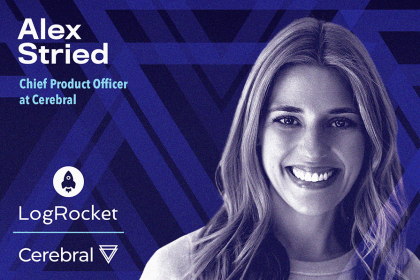
Alex Stried, CPO of Cerebral, talks about taking products from zero to one and how to design for your true target market.
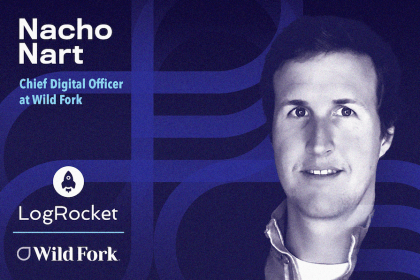
Nacho Nart talks about using modify existing product assets, such as photos and advertisements, to cater to different geographies and markets.

The job of the product is to get that first win to establish trust and then create a loop with nudges for further engagement.
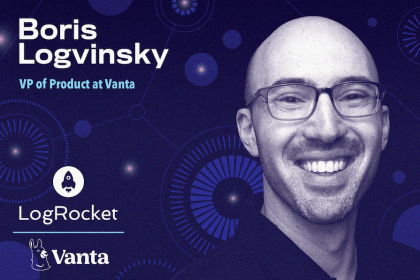
Boris Logvinsky talks about the importance of building context and understanding customer challenges when you move between industries.
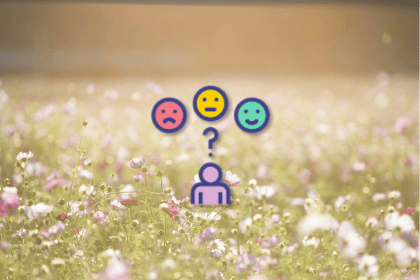
Customer behavior analysis (CBA) is the study of how individual customers, groups, or segments act when interacting with your product.

While frameworks have clear benefits, it’s important to understand how and when to use them, as they are often overused or used in the wrong context or setting.
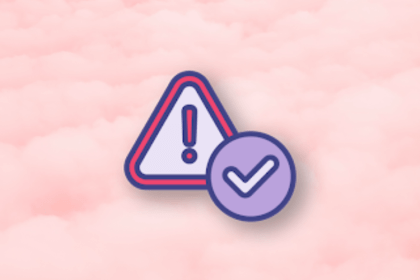
All the metrics, data, and analysis you made will make a difference, but success isn’t always directly proportional to the effort you put in.
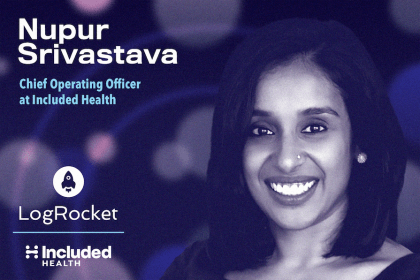
Nupur Srivastava, COO of Included Health, talks about using the number of days a member considers themselves healthy as a North Star.

Customer sentiment is about understanding the customer. It delves into why customers behave the way they do and what matters to them.
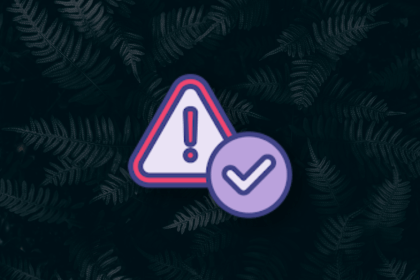
Failing to identify or understand a problem is, when it boils down to it, the main reason why most businesses fail.
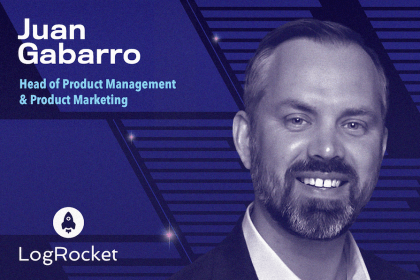
Juan Gabbaro discusses how product leadership should drive vertical alignment, but the product team should drive cross-functional alignment.